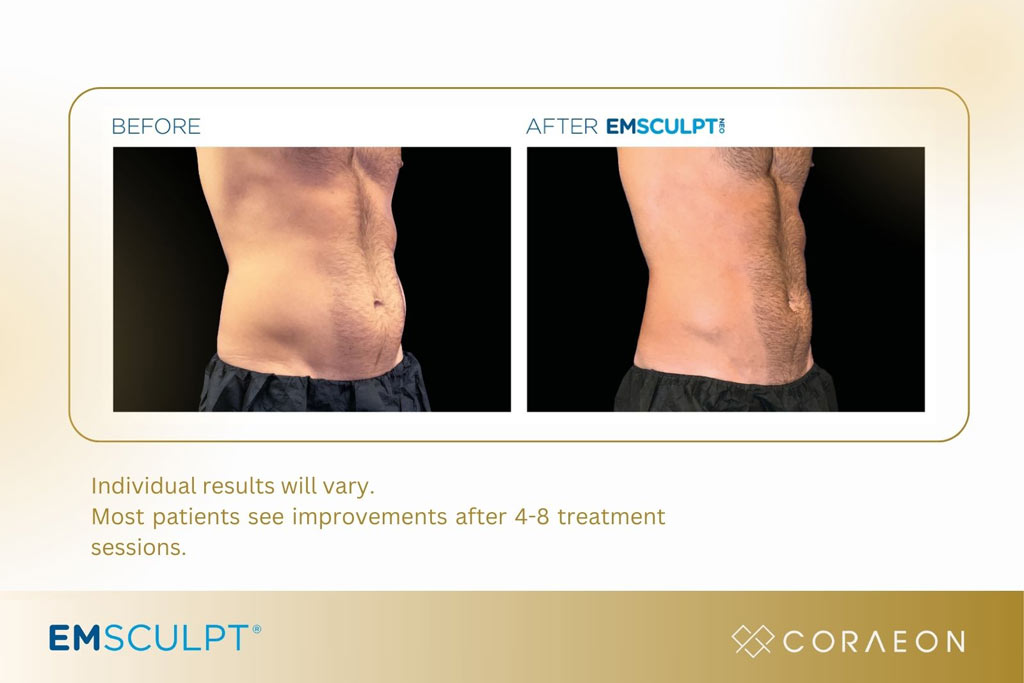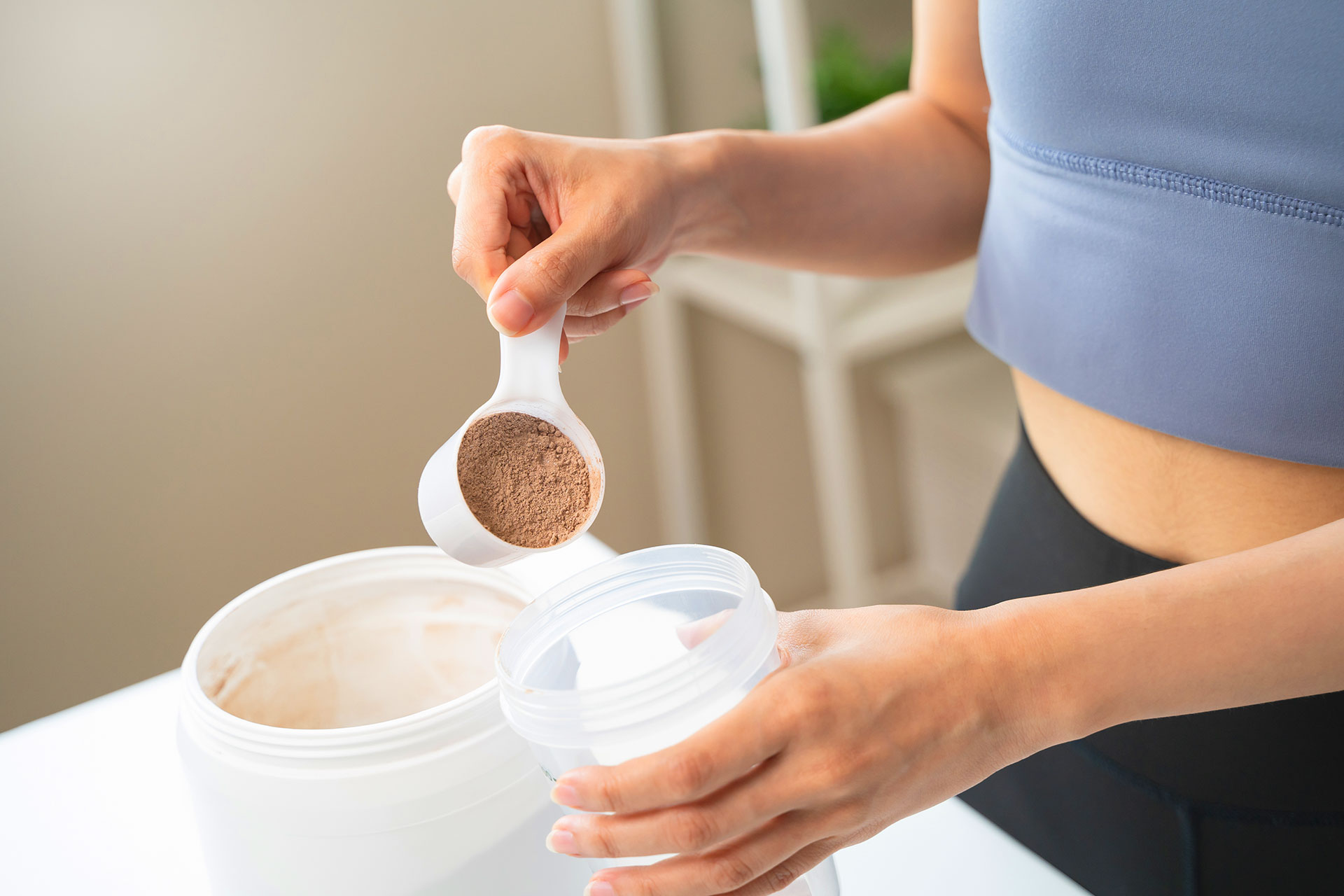Menopause arrives differently for every woman, sometimes with a whisper, sometimes like a thunderclap. Hot flashes. Sleepless nights. A sense of drifting between versions of yourself. For years, hormone therapy offered a bridge through this transition, until fear took hold. Now, that long shadow of caution might finally be lifting. Rethinking the Black Box Two …
Menopause arrives differently for every woman, sometimes with a whisper, sometimes like a thunderclap. Hot flashes. Sleepless nights. A sense of drifting between versions of yourself.
For years, hormone therapy offered a bridge through this transition, until fear took hold. Now, that long shadow of caution might finally be lifting.
Rethinking the Black Box
Two decades ago, the FDA required a black box warning on all estrogen-based hormone therapies. It was meant to protect women from potential risks: blood clots, strokes, dementia, and breast cancer. But time changes the lens. A new panel of experts has urged the FDA to take another look, suggesting the warning may no longer reflect today’s science, or the safer, more targeted therapies now available.
The original alarm came from the early 2000s Women’s Health Initiative study, which sent shockwaves through medicine. Yet the participants in that study were, on average, older, and many had already years past menopause. The nuance got lost. Context vanished. Fear remained.
A New Understanding
Fast forward to now. Updated analyses published in JAMA reveal a different truth: when started early, before age 60 or within a decade of menopause onset, hormone therapy can be not only safe, but deeply beneficial.
It’s not a blanket cure. It’s timing, dosage, and delivery. Low-dose, localized estrogen, especially in vaginal therapies, appears far less risky than once believed.
Some experts, like Dr. Marty Makary of the FDA, even highlight potential cardiovascular and bone-strengthening benefits when therapy begins at the right moment in the menopausal journey.
The Real Message Beneath the Debate
This conversation isn’t about controversy, it’s about clarity. It’s about giving women the right to evidence-based options, not decisions clouded by outdated warnings. Menopause is not a disease. It’s a natural metamorphosis, one that deserves precision and compassion, not blanket fear.
How to Navigate Your Own Transition?
You don’t need to wait for official FDA changes to take action. You can start exploring your options now.
- Discuss hormone therapy timing and type with your healthcare provider
- Ask about low-dose or localized estrogen options
- Support your hormones naturally, movement, quality sleep, and mindful nutrition go a long way
- Stay curious as new studies emerge, this story is still being written
The Future of Hormone Care
We’re entering a new chapter in menopause medicine, one guided by balance rather than fear. The science is shifting toward personalization, recognizing that what helps one woman might not fit another. Don’t settle for uncertainty. Step forward, ask, explore, and reclaim this chapter with knowledge and grace.
Hormone therapy isn’t one-size-fits-all; it’s personal chemistry in motion. Our Women’s Health & Hormone Optimization Program focuses on precision and care, supporting balance through functional cardiology, IV nutrient support, and lifestyle alignment.
The goal is simple: to help women move through menopause feeling strong, clear-headed, and fully themselves again.








